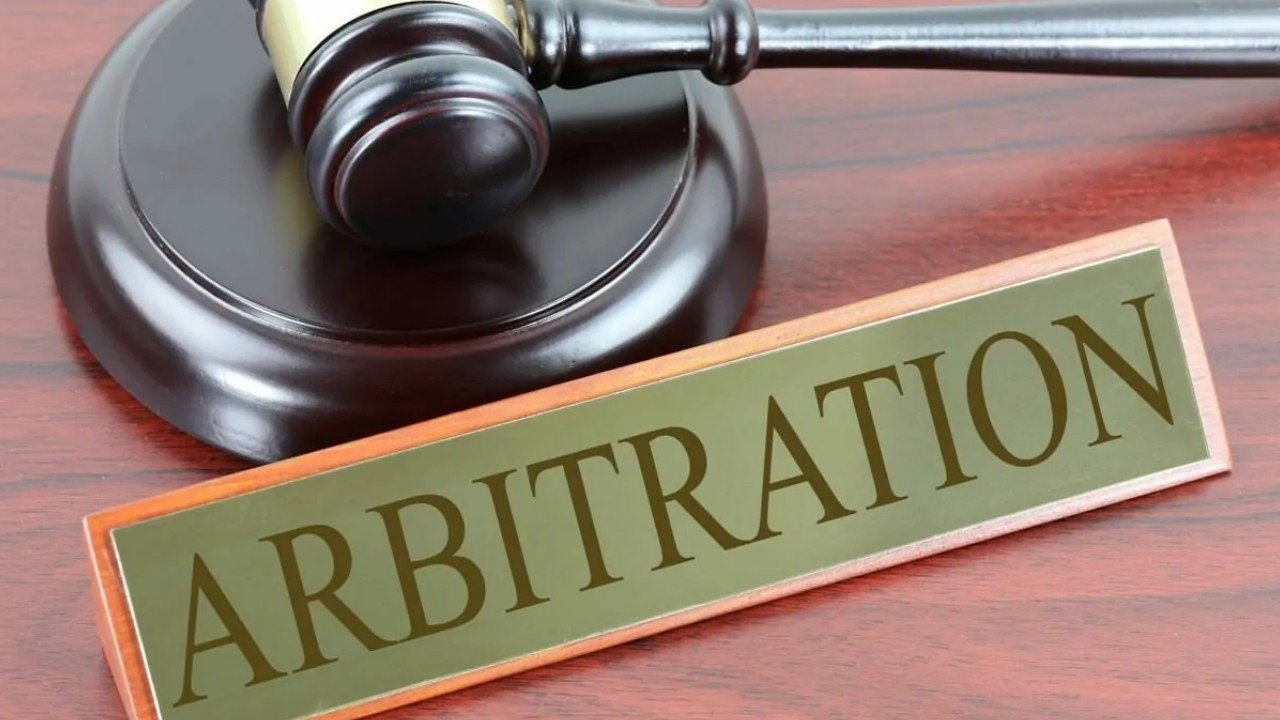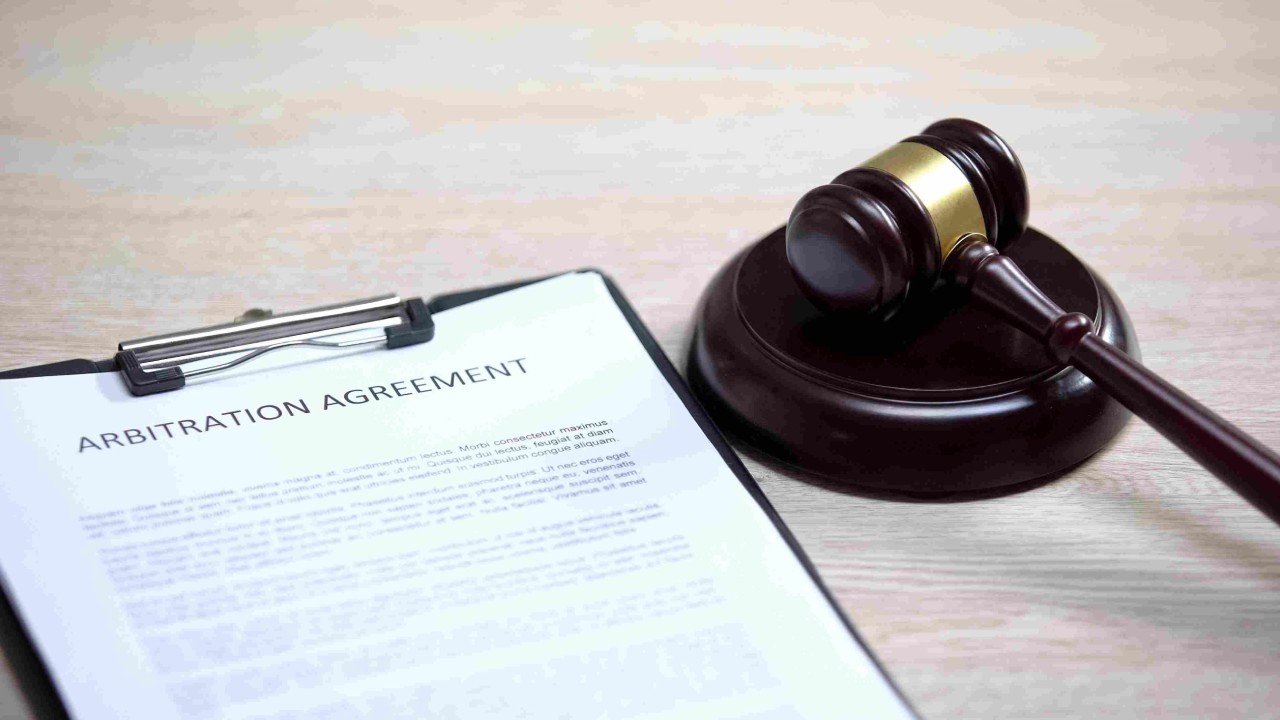Navigate Complex Construction and Commercial Disputes with Ease!
Choose ADROIT as your Expert Advisor!
Need Help?
About Adroit
ADROIT's seasoned team brings over 2 decades of international experience, having contributed to the dispute resolution for the iconic projects in the Middle East and Indian Sub-continent.
ADROIT, not only provides solution to the construction disputes, but also enables the stakeholders setting up a sustainable process for the projects that secures their rights in the longer run!
Contact Info
ADROIT
CLAIMS AND ADR CONSULTANTS
Coimbatore – Hyderabad – India Muscat – Oman, Dubai – UAE
- GST No. : 33AWHPA8592L3Z4
© Adroit Claims & ADR Consultants 2024. All Rights Reserved. | Powered by Zeboto.
0
0
0
0
7
8






